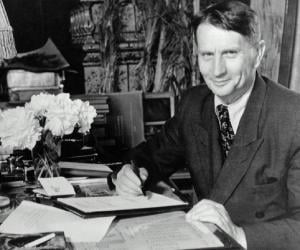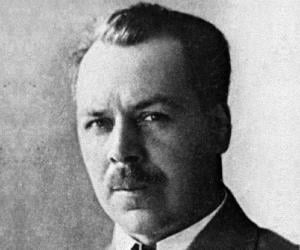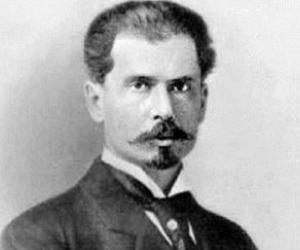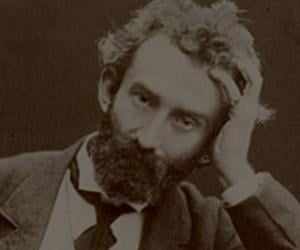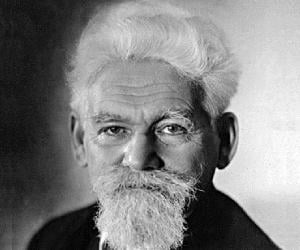1
Theodosius Dobzhansky
(Russian-American Geneticist and Evolutionary Biologist)
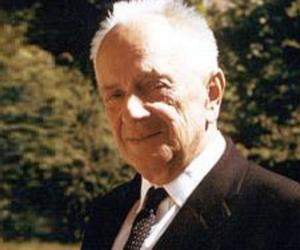
16
7
Birthdate: January 25, 1900
Sun Sign: Aquarius
Birthplace: Nemyriv, Ukraine
Died: December 18, 1975
Theodosius Dobzhansky was an American geneticist and evolutionary biologist known for his influential work in shaping the modern synthesis of evolutionary theory. His 1937 book, "Genetics and the Origin of Species," was a landmark contribution to the field. Dobzhansky's support for theistic evolution as a practicing Christian also garnered attention. His professional achievements include being awarded the U.S. National Medal of Science in 1964 and the Franklin Medal in 1973, highlighting his significant contributions to the field of evolutionary biology.
